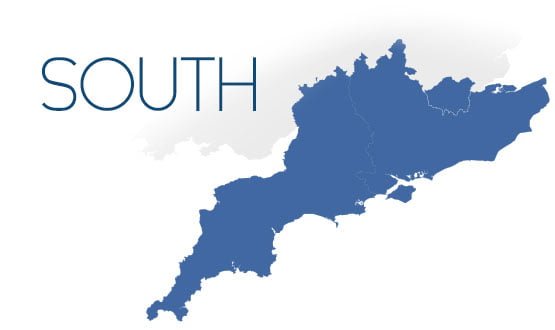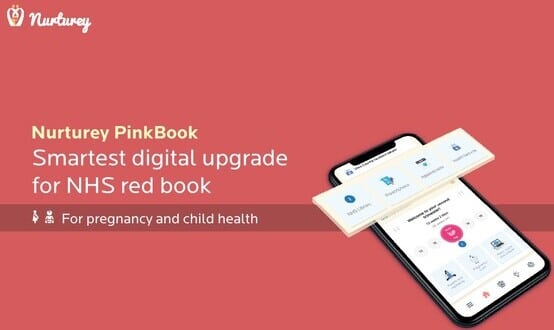Southern community procurement approved
- 25 June 2012

Funding for an IT system procurement for child and community health trusts in the South has been approved by the Cabinet Office.
The Department of Health confirmed this “significant step forward” to eHealth Insider and said it is now seeking the final approvals required before a tender can proceed.
Chief information officer for NHS South East Coast, and lead for the child and community procurement, Tad Matus, hopes to have a tender out early next month.
He added that approval of the child and community procurement will smooth the way for further business cases due to go before cabinet for acute and ambulance services in the South.
The procurements are for the 60% of Southern trusts that did not get systems through the National Programme for IT in the NHS and will be funded by money left unspent by the programme in the South.
“Effectively, child and community have tested the whole process – gone through with all the agencies the logic of why we’re doing the procurement – so we are hoping that as well as doing all the work for child and community that has done the majority of the work for all the other areas,” Matus explained.
Child and community was the first business case to go forward because it was the most advanced under the Additional Supply Capability and Capacity procurement programme before that collapsed in October last year.
That deal would have seen CSC deploy TPP’s SystmOne in 17 child and community health providers.
A number of mergers mean between eight and ten trusts are still involved in the collaboration. They have worked together on common requirements and an evaluation framework for the new tender.
Matus said it would be a clean slate and the “best solution will win it." “Everybody is now getting into gear and moving as rapidly as possible,” he added.
The new systems will be centrally funded for a period of time along with supplier deployment costs, but trusts will hold the contracts and cover their local implementation costs.
“Everything we are planning to do with all these areas still fits within the local service provider-pot allocated to the national programme in the first place,” explained Matus.
“We are certainly not going past that, we are comfortably within that,” he said.
Matus said costs had been reduced by some trusts buying systems for themselves and by “emphasising a lower level of ambition."
“We are emphasising buying what exists not paying for future development,” he added.
Matus said the child and community trusts are covered by a common business case, but the acute trusts will put forward a number of business cases as consortia.
Each trust will have to guarantee that they will deliver the benefits outlined in the common business case and sign off their ability to deploy the system.
Matus said the new tender would allow Southern trusts to, “at least catch up to the opportunities other trusts across the country have already had” and said indications were that suppliers are “extremely interested."
The business case for ambulance services in the South is likely to be the next to go before the Cabinet.




